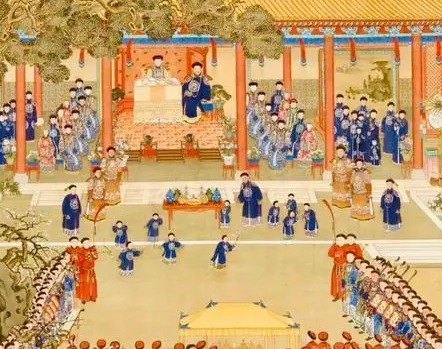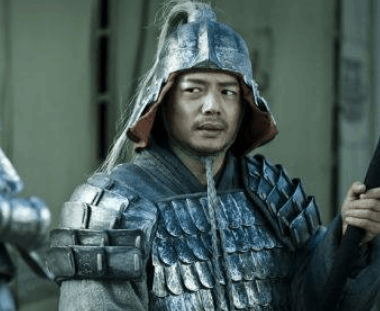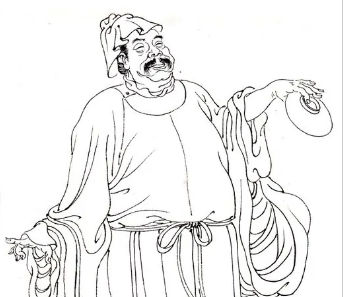The Qianlong period marked the heyday of the Qing Dynasty, with vast territory and economic prosperity. However, beneath this prosperity lay serious corruption. This article aims to explore and analyze the corruption during the Qianlong period, hoping to provide insights for social governance in today's society.

Firstly, Manifestations of Corruption in the Qing Dynasty during the Qianlong Period:
1. Embezzlement and Bribery
During the Qianlong period, the phenomenon of official corruption and bribery was severe. Many officials abused their power to amass wealth, even at the cost of betraying national interests. For instance, Yang Yinglong, the official in charge of salt transportation in the two Huai regions, was dismissed and investigated for corruption and bribery, involving millions of taels of silver.
2. Buying and Selling Official Positions
The practice of buying and selling official positions was rampant during the Qianlong period. Many officials resorted to spending huge sums of money to purchase higher positions in order to ascend in their careers. This phenomenon severely undermined the selection system of the Qing Dynasty, leading to the appointment of incompetent individuals and compromising the country's governance.
3. Luxury and Wastefulness
The royal family and bureaucratic elite lived a luxurious lifestyle, characterized by severe waste. The emperor organized various grand celebrations, consuming vast sums of treasury funds. Additionally, officials competed in extravagance, building luxurious mansions and purchasing expensive items, further widening the gap between the rich and the poor.
Secondly, Reasons for Corruption in the Qing Dynasty during the Qianlong Period:
1. Defects in the Political System
The political system of the Qing Dynasty during the Qianlong period had numerous flaws, such as unfair official selection and inadequate supervisory mechanisms. These issues contributed to the breeding and spread of corruption.
2. Degradation of Moral Standards
During the Qianlong period, social morality gradually deteriorated. Many people lost their moral compass and resorted to illegal and unethical practices like corruption and bribery, as well as buying and selling official positions, in pursuit of wealth and status.
3. Corruption of Imperial Power
During the reign of Emperor Qianlong, despite the vast territory of the country, imperial power gradually became corrupted. The emperor lost his grip on the selection and supervision of officials, leading to the escalation of corruption.
Thirdly, Conclusion:
The corruption in the Qing Dynasty during the Qianlong period was severe, causing immense losses to the country and its people. The lessons learned from history deserve our deep reflection. In today's social governance, we should strengthen constraints and supervision over power from the perspectives of institutional reform, ethical standards, and oversight mechanisms. By effectively preventing the occurrence of corruption, we can lay a solid foundation for the prosperity of the country and the happiness of its people.
Disclaimer: The above content is sourced from the internet and the copyright belongs to the original author. If there is any infringement of your original copyright, please inform us and we will delete the relevant content as soon as possible.































